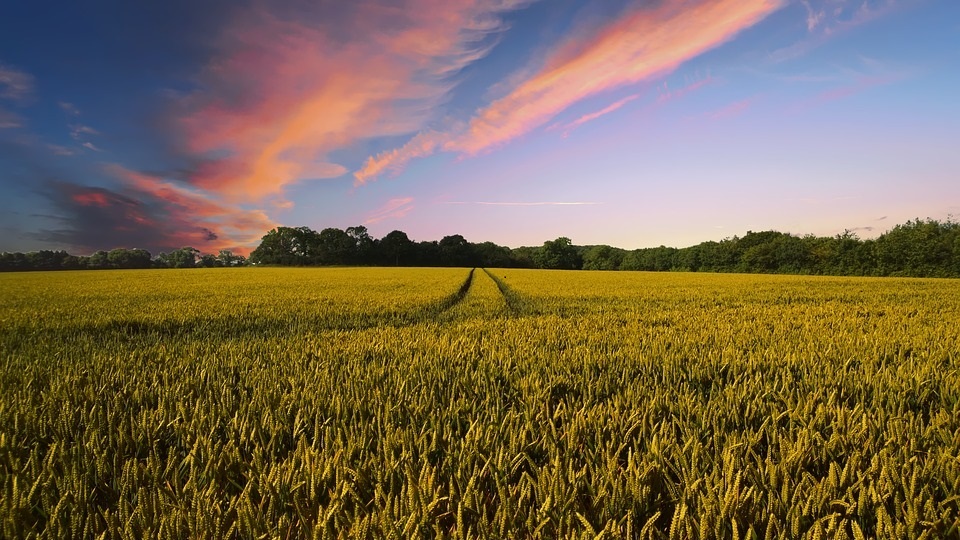
Saw a friend yesterday whose water business took a tumble thanks to the plague shutting down business offices in our small burg. And though that sounds like the plot for another episode of ‘Your Dystopia,’ he said things were looking up, thanks to a new battery plant opening up outside of an even smaller burg a half hour away. Fossil fuels are not ending, but largely over, we agreed. Electric vehicles are very much the present, I may have said, sitting in a late-model guzzler. My water friend went back to his not-so-late model pickup, but the battery plants hung in the air a little longer, walled gardens of Babylon, with added strife and wi-fi.
What if battery plants were literal? Plants are already perfect energy storage dynamos – we just don’t know how they do it. We understand, but it’s still largely alchemical to us. I looked it up:
Imagine if farmers could grow batteries in their fields. Researchers are taking steps towards at least partially making that green dream a reality by using plant materials to make key components of energy storage devices. Pen-Chi Chiang and colleagues at the National Taiwan University review developments in this adventurous ambition in the journal Materials Today Energy.
“We consider the state-of-the-art challenges and issues for using plant-derived biomass materials for various energy storage applications, such as batteries and supercapacitors,” says Chiang.
Energy storage is an essential requirement for modern life. Without it, we couldn’t have cellphones, laptops, or electric vehicles. From consumer electronics to transportation, electrical energy must be stored and be available at the flick of a switch. Current systems, such as the lithium-ion batteries common in many devices, are made from limited resources, and bring environmental problems associated with their disposal.
Chiang points out that a sustainable future will increasingly depend on replacing existing technologies with those using renewable materials that can readily be recycled without damaging the environment.
One of the most promising approaches towards sustainable energy storage devices is to convert plant biomass into a material called “porous carbon”. This is a form of carbon that can be fabricated into three-dimensional ordered “nanostructures” with a variety of useful electrochemical properties.
I guess nanostructures are going to be our best tickets to being able to produce the capacities of plant lignin. It’s the inverse of why biomass is so hard to breakdown, in efforts tap its energy by making fuel. Seems a folly when you think about it like that. Instead of making fuel, figure how they work as batteries – which we seem to already grasp.
As is so often the case, a matter of which word we emphasize. Thinking big does not have to only mean going to Mars. Maybe if ‘Native American’ were two of the words represented by NASA, we might have already figured this out, not to mention a few other things.
